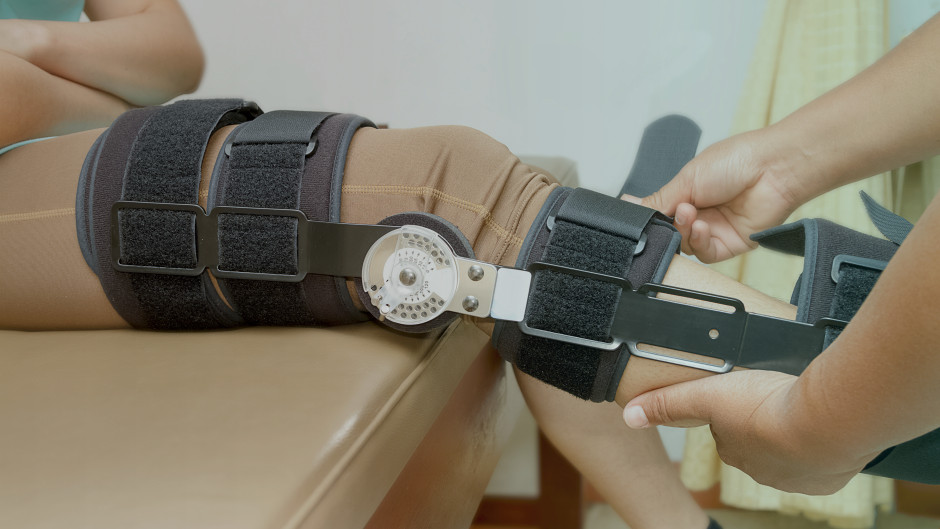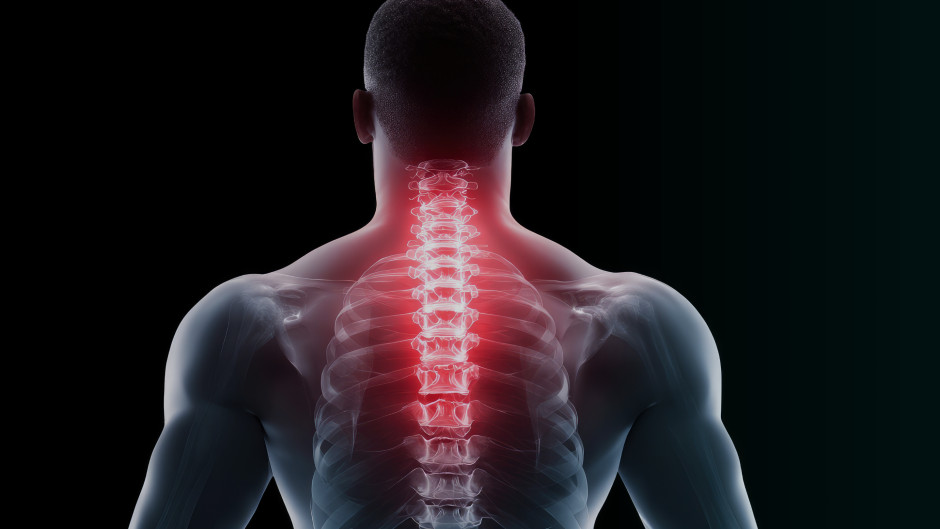UNDERSTANDING POST CONCUSSION SYNDROME
What is post concussion syndrome?
Post-Concussion Syndrome, or PCS, is the persistence of concussion symptoms beyond the normal course of recovery.
How common is PCS?
In high school athletes diagnosed with concussion, researchers have estimated approximately 10% will develop PCS, and estimates of other age groups and populations range from 5 to 30%
If you want to learn more about this topic, you can watch Paul Lagerman's lecture here:
What are the symptoms?
The symptoms of PCS can vary widely among individuals and may include:
- Headaches or migraines
- Dizziness or vertigo
- Fatigue or decreased energy
- Memory problems or difficulty concentrating
- Sleep disturbances, such as insomnia or excessive sleepiness
- Sensitivity to light and noise
- Irritability, anxiety, or depression
- Changes in taste or smell
- Visual disturbances, such as blurry vision or double vision
- Difficulty with balance or coordination
How can we manage PCS?
Treatment for PCS focuses on managing symptoms and promoting recovery. This may involve a combination of strategies, including:
Activity Pacing:
Encouraging individuals with PCS to pace their activities can help prevent symptom exacerbation. This involves breaking tasks into smaller, manageable chunks and taking frequent breaks to rest and recharge.
Stress Management:
Stress can exacerbate symptoms of PCS, so learning stress management techniques such as deep breathing exercises, mindfulness meditation, or progressive muscle relaxation can be helpful in reducing symptoms and promoting relaxation.
Sleep Hygiene:
Improving sleep quality is essential for recovery from PCS. Establishing a regular sleep schedule, creating a relaxing bedtime routine, and creating a comfortable sleep environment can all contribute to better sleep hygiene.
Cognitive strategies:
Cognitive symptoms such as difficulty concentrating, memory problems, and mental fog are common in PCS. Utilizing cognitive strategies such as using memory aids (e.g., calendars, to-do lists), breaking tasks into smaller steps, and practicing mindfulness can help individuals manage cognitive difficulties more effectively.
Post-concussion syndrome is a challenging condition that can significantly impact the quality of life for those affected. By understanding the symptoms, seeking appropriate medical care, and following recommended treatment strategies, individuals with PCS can optimize their recovery and gradually resume their daily activities. Ongoing research into the underlying mechanisms of PCS and advancements in treatment approaches offer hope for improved outcomes in the future.


If you want to learn more about this topic, you can watch Paul Lagerman's lecture here:
SOURCE:
1. Lecture ‘Concussion and Persistent MSK Pain’ by Paul Lagerman.




